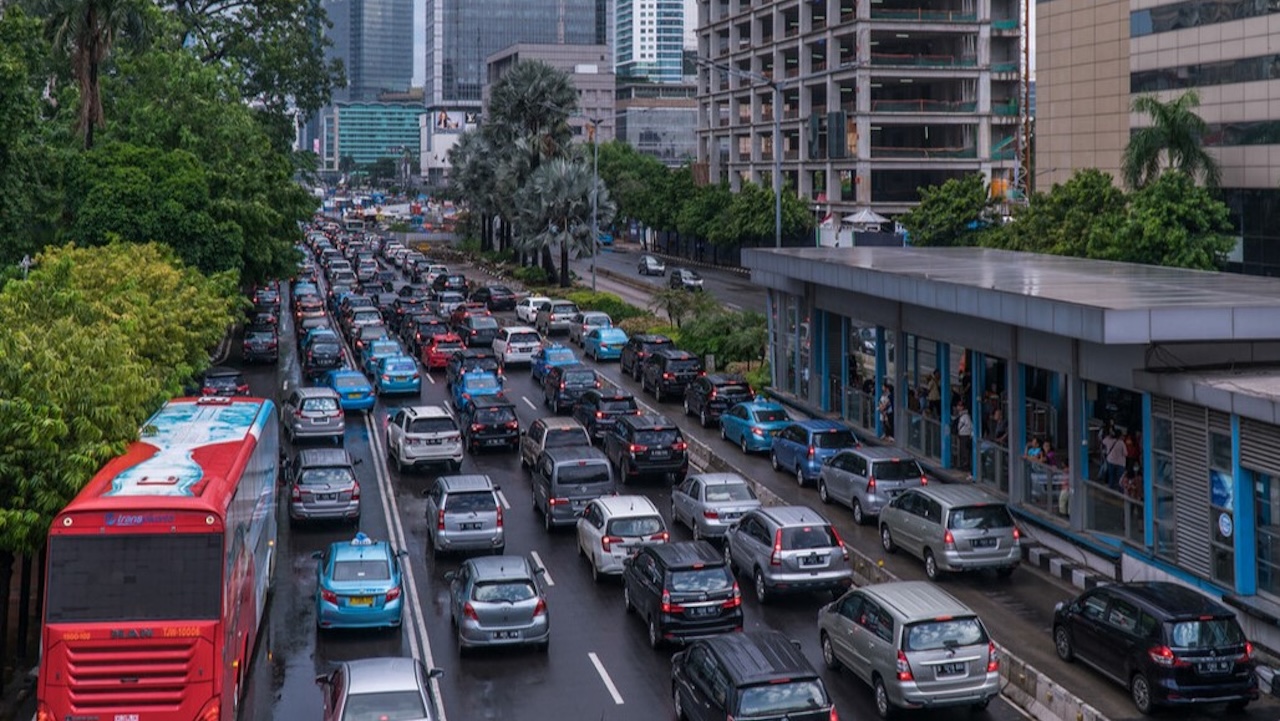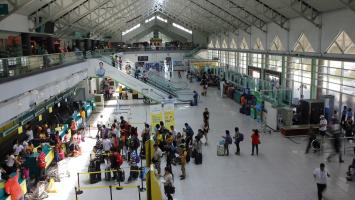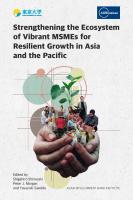
Cities that have joined the initiative are looking at smart, low-carbon solutions, such as shifting to electric vehicles to improve urban mobility and reduce carbon emissions. Photo credit: ADB.
Collaborations with Makassar in Indonesia, Penang in Malaysia, Tbilisi in Georgia, and Ulaanbaatar in Mongolia are underway.
Asian cities seeking leapfrog solutions to meet climate and infrastructure goals are partnering with the Asian Development Bank (ADB) under its Creating Investable Cities initiative. Collaborations with Makassar in Indonesia, Penang in Malaysia, Tbilisi in Georgia, and Ulaanbaatar in Mongolia are underway.
ADB launched the initiative in August at the World Cities Summit in Singapore. It will provide hands-on advisory support and capacity-building resources to 20 cities in Asia and the Pacific in the initial phase. The initiative will support these partner cities in mainstreaming climate resilience into their policies and projects, developing local resources mobilization strategies, and improving their access to private sector finance.
Other countries in Southeast Asia that may be joining the initiative are the Philippines, Thailand, and Viet Nam.
Infrastructure financing gap
Climate action is at the top of city officials’ agenda. Six of the top-10 vulnerable countries of the world are located in Asia and the Pacific, and their urban poor are particularly vulnerable to the impacts of climate change.
“Cities are the front lines in the fight against climate change, especially as the world looks to recover and rebuild from the pandemic,” said ADB Vice-President for Private Sector Operations and Public-Private Partnerships Ashok Lavasa.
Before the coronavirus disease (COVID-19) pandemic, ADB estimated that the region needs to raise almost $1.7 trillion per year to close its infrastructure financing gap, $200 billion of which should come from the private sector.
“COVID-19 highlights the urgency of preparing cities to leverage the private sector’s innovation, efficiency, and finance to close the huge infrastructure gap that prevents cities from reaching their economic potential,” said Head of ADB’s Office of Public-Private Partnership F. Cleo Kawawaki. “Improving cities’ local resource mobilization and financial quality is central to attracting private sector and climate finance for their greener, resilient futures to enhance the quality of life in the cities.”
Smart, low-carbon solutions
ADB says the pilot cities in this initiative are looking for solutions that would help decarbonize their electricity grid, green their built environment, improve urban mobility (including through electric vehicles), transition to a circular economy, conserve water, and enhance their urban service delivery and asset management through smart and integrated planning and investment.
Makassar, the capital of the Indonesian province of South Sulawesi, is one of the cities aspiring to become a smart, livable city. Urban resilience planning is important for the sustainable development of the city, which is vulnerable to the impacts of climate change and natural hazards, such as typhoons, floods, and even tsunamis.
With the help of the ASEAN Australia Smart Cities Trust Fund (AASCTF), which is funded by the Government of Australia and managed by ADB, Makassar has prepared a strategic framework for urban development backed by data-driven digital tools for evidence-based decision-making. To implement its smart city plan, the city can tap the Creating Investable Cities initiative for capacity building and for mobilizing local resources and private sector financing to support quality infrastructure investments.
This article was first published by BIMP-EAGA on 19 August 2022.

BIMP-EAGA
The Brunei Darussalam–Indonesia–Malaysia–Philippines East ASEAN Growth Area, or BIMP-EAGA, is a cooperation initiative established in 1994 to spur development in remote and less developed areas in the four participating Southeast Asian countries.


